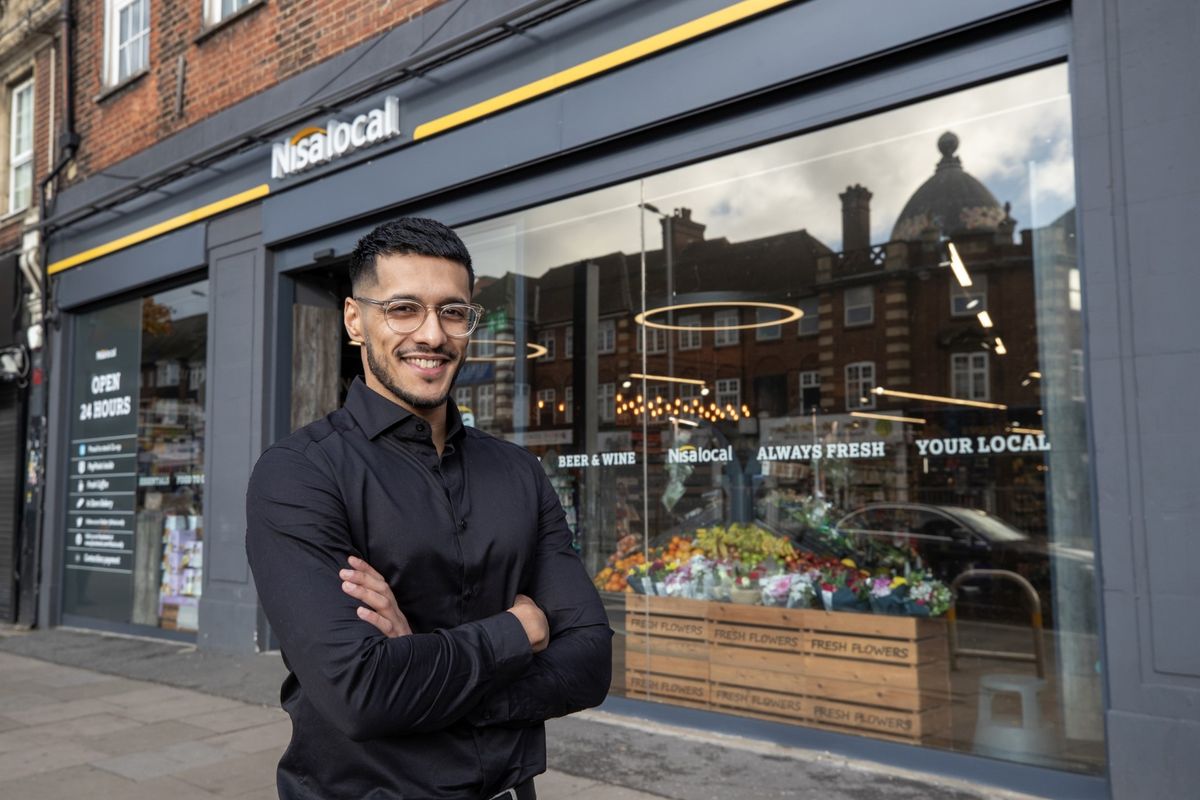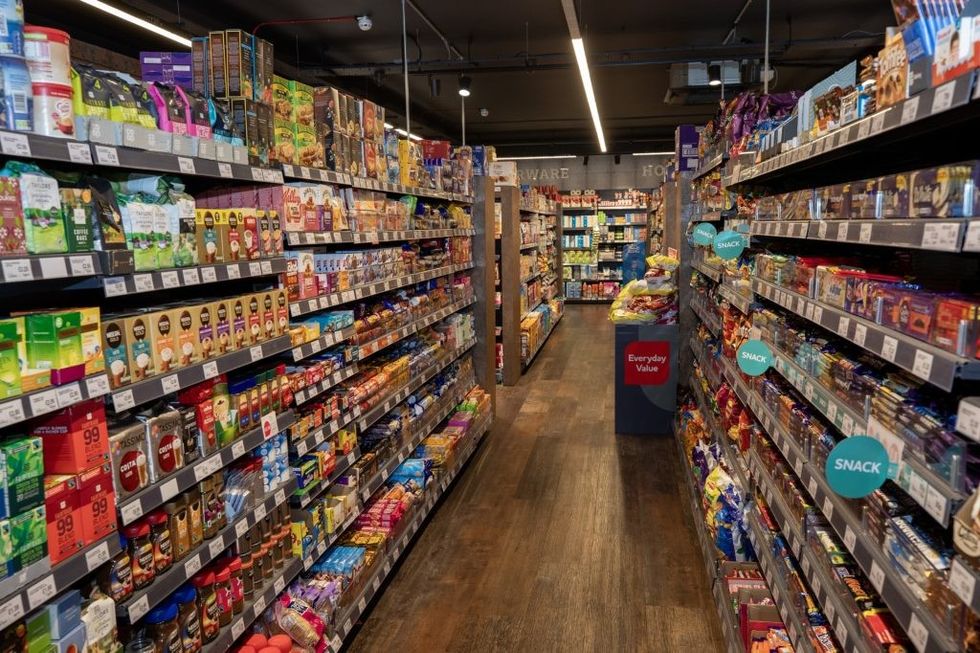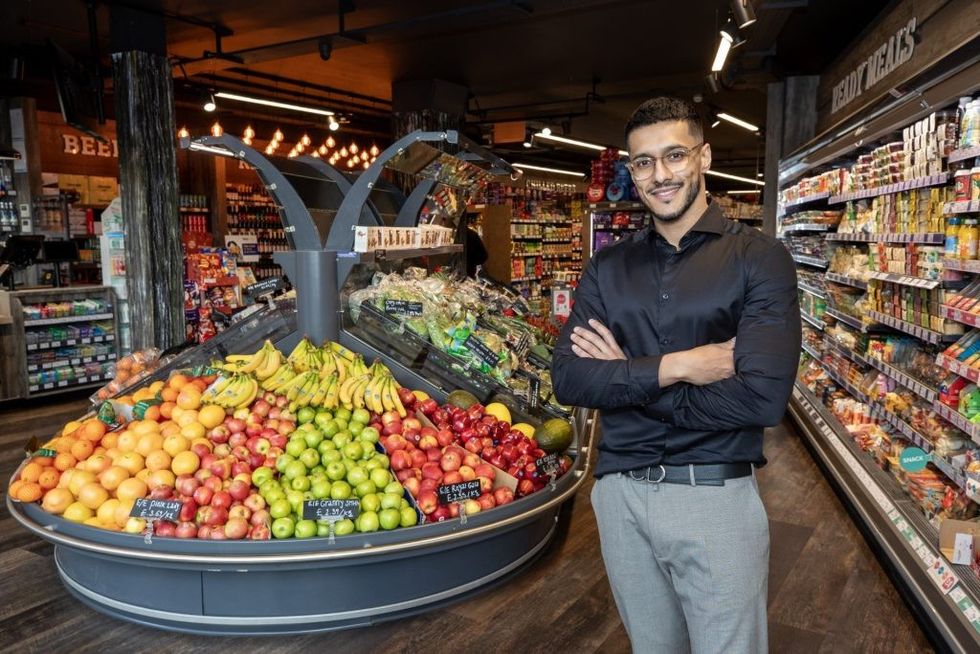London retailer LA Foods Group says its flagship and most recent outlet in Hendon is a perfect example why it is better to focus on running a slick store with a superior level of service, including full shelves and amenable staff, than fixating about price.
Little more than a year after opening their latest store in Hendon, the Hussain family, who own 15 other Nisa stores around London, have increased the 3,500 sq.ft. outlet's weekly turnover by 270 per cent. This has been the result of concentrating just as much on the customer experience as the range. A £200,000 refit, turning the store into a 24-hour operation – it was previously open from 6am to 2am most days - and giving each member of staff a zone to look after and a day’s training before letting them loose on their own on the shop floor, has been crucial.
“We sit at a price position in the convenience sector where we have to give customers a lot more than just a strong product range. The store needs to be highly presentable and well stocked and we rely on our staff to be really proactive,” says Tabrez Hussain, Director of Operations for LA Foods Group. “We need to create an enjoyable shopping experience which encourages browsing and basket spend, but at the same time caters for customers who want to pop in and out.”
Hussain and his four brothers work at LA Foods Group taking over from their father, who set up the business in the 1990s with a store in Camden. They have just extended a 20-year partnership with Nisa by another five years. They feel that their connection with locals is key. The Hendon store, which they transformed from a tired Supersave into a modern emporium with double the chiller and freezer space in July 2022, benefits from a diverse customer base.
The neighbourhood has many communities and a mix of properties from social housing to multi-million-pound homes. There are also commuters travelling to and from the Hendon Central Tube station just metres down the road and also students from Middlesex University, which is a 10-minute walk away, as well as families with a primary and secondary school nearby.
It all makes for a busy business with 1,400 transactions a day. The store’s aesthetic is tastefully modern, washed in Nisa’s dark grey colours, with wooden effect flooring, a painted exposed ceiling and accents of bronze and faux tree bark wood.
The highlight is a standalone boat styled fruit and vegetable island in the middle of the front of the store. There is also a back-lit cash desk and hanging lights in the off-licence area. Other changes included installing a bake-off at the front of store next to the sandwich cabinet, with an impressive wooden, glass and metal pull-out drawer display unit showcasing pastries and speciality bread.
Hot food stops at 10pm, as the slower turnover after that time would compromise the freshness of product kept on hold, says Tabrez. Also, despite two nearby Costa outlets, it also does well with its own Costa Express machine, selling typically 80 cups a day.
“We get the really early bird and late trade from roadworkers, police and ambulance staff doing shift work. But we concentrate the hot food on breakfast and lunchtime as we couldn’t keep it fresh enough for 24 hours,” he says.
Other specialities include Turkish bread, an Italian range from Diforti, including biscuits, salami and cooked meats, Greek food and a strong vegan and organic range from Nisa Direct to Store supplier, Suma Wholefoods.
The whole emphasis of the shop has been repositioned, according to Tabrez. “It’s being run like a supermarket now. Before it was more like a giant newsagent and the focus was all wrong, concentrating on soft drinks, cigarettes and long-life products in the chiller. Now it has shifted to food-to-go, lunchtime meal deals and meals for tonight, with a lot more emphasis on fresh and encouraging basket spend,” he says. It steers away from trends for the sake of it. Refill stations would be too messy and awkward in such a fast-paced shop, says Tabrez.
“A lot comes down to perception, customers are going to feel more comfortable paying a little bit more if the store looks great and they have had a really good experience,” says Tabrez. “When customers are spending money they’re not just paying for the products, but the experience too - particularly when they have a basket load.”




